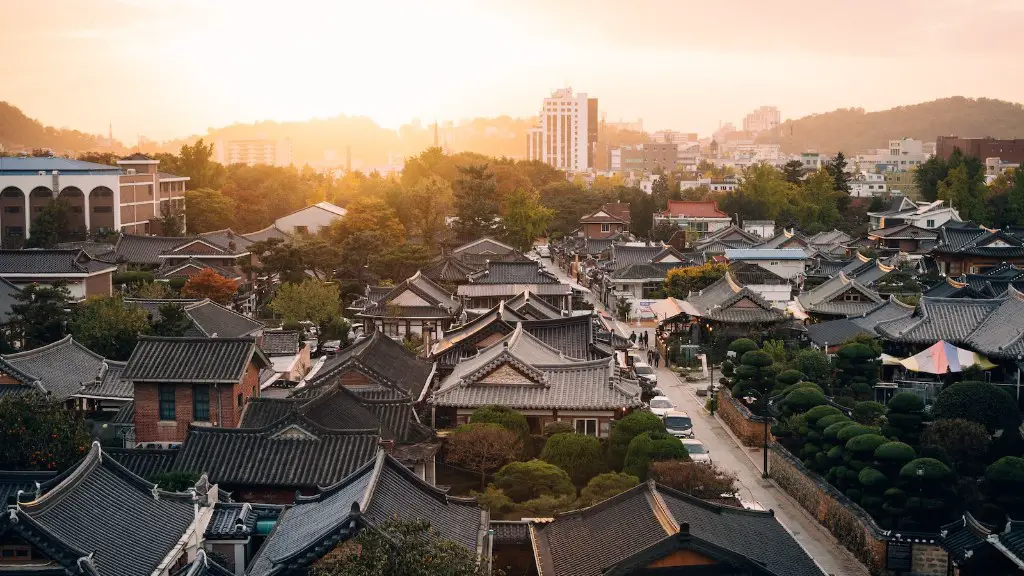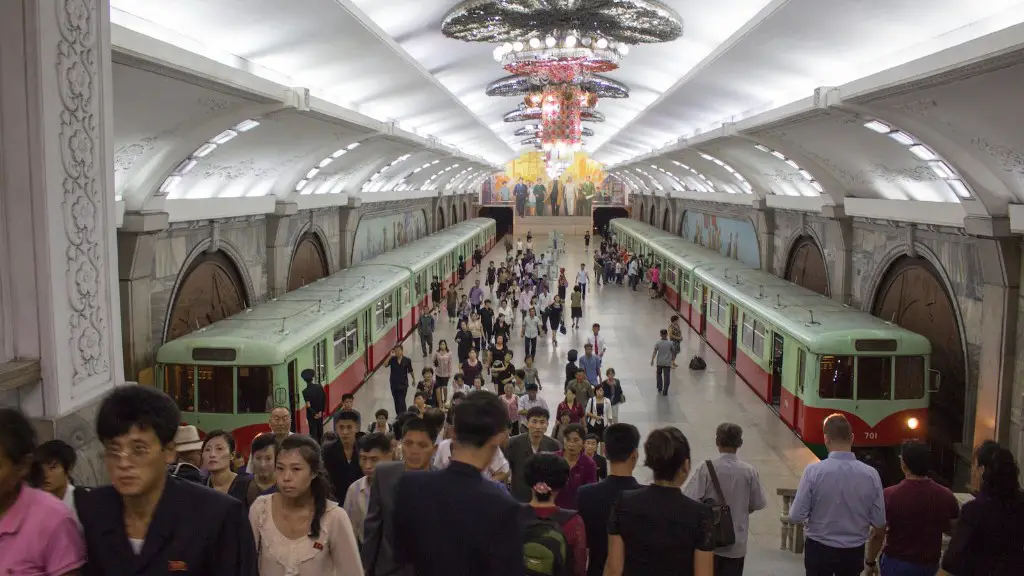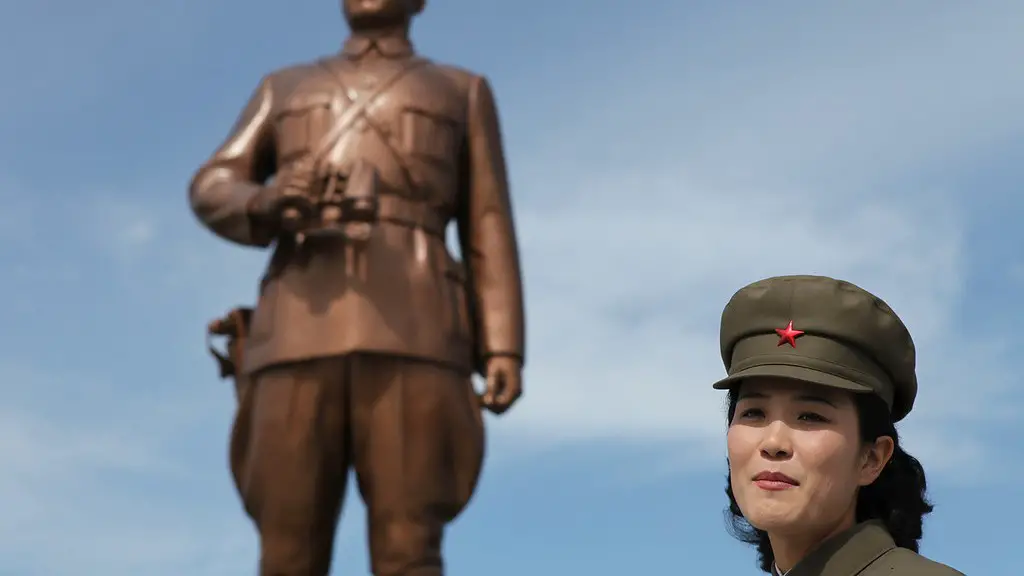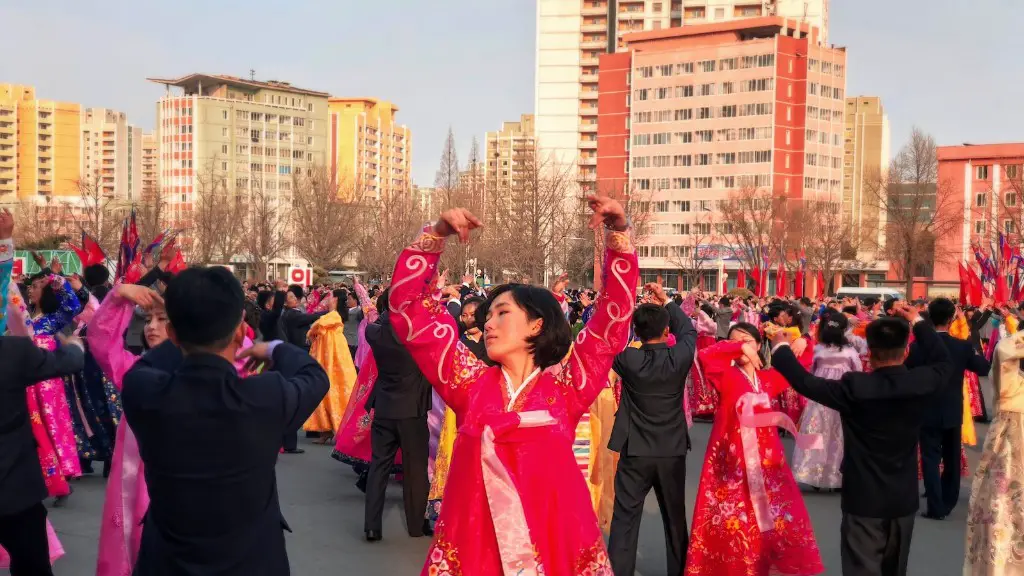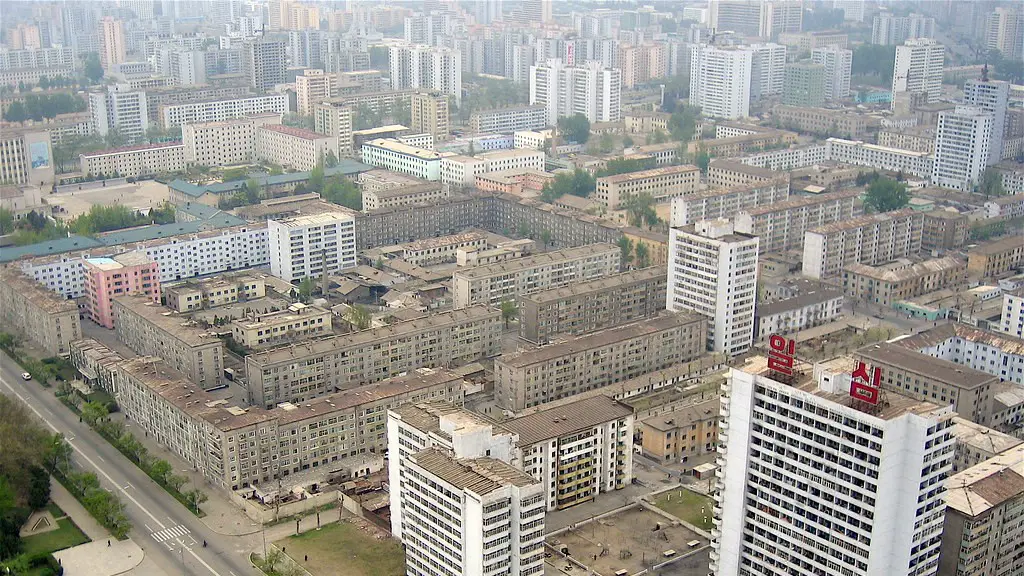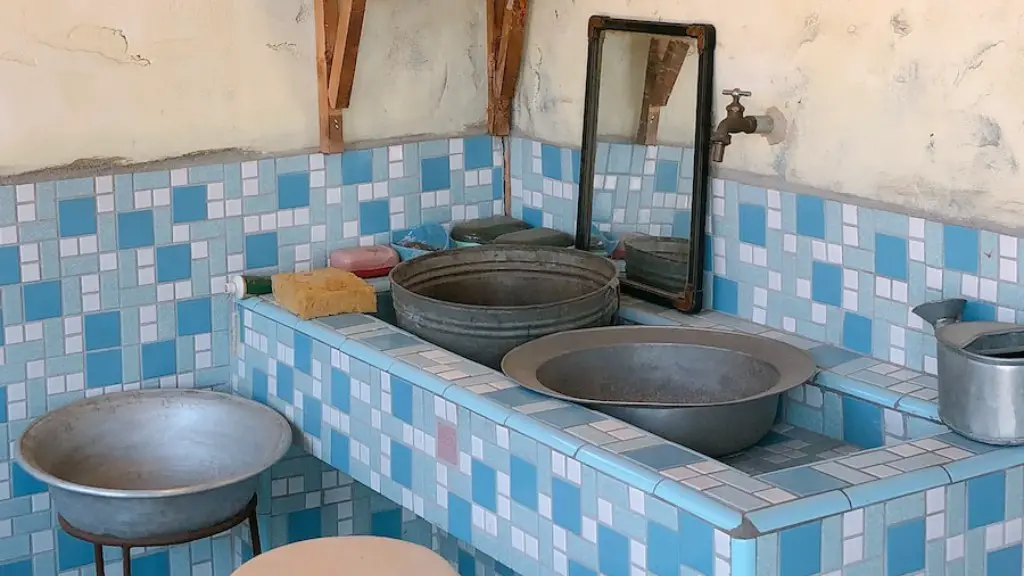North Korea is well known for its human rights abuses, poverty, and famine due to its oppressive regime. Over the past several decades, the country has suffered economically, leading to a lack of food resources. Millions of North Koreans therefore suffer from hunger and malnutrition every year.
According to the United Nations, anywhere from 10.1 to 43.9 percent of North Koreans are living in poverty. Of that population, more than 15 to 20 percent are considered to be food insecure. And one in five children is said to be severely malnourished. In its 2019 Global Report on Food Crises, the UN Office for the Coordination of Humanitarian Affairs identified North Korea as one of the countries with “the highest levels of acute food insecurity” in the world.
In terms of why North Koreans are suffering from acute food insecurity, experts point to several factors. First, the country’s agricultural production is low and its land is largely unsuitable for large-scale farming. Additionally, the North Korean government’s decision to focus most of its available resources on military spending has taken resources away from food production. Finally, due to years of mismanagement and the destruction of infrastructure caused by natural disasters, the country’s food distribution system is dysfunctional, so even if food is produced, it often isn’t able to reach those who need it the most.
While starvation and malnutrition in North Korea are significant and persistent issues, there are also organizations that are working to help address the problem. For example, the World Food Programme (WFP) has been providing food assistance in the country since 1995. In 2019, the WFP provided more than 120,000 metric tons of food aid to North Korea and an additional 4,400 metric tons of nutritional assistance to pregnant and nursing women and children under the age of five.
In addition to providing food assistance, the WFP is also working to restore the country’s agricultural sector and distribution infrastructure. The organization has provided seeds and fertilizer to farmers, improved access to clean water, and led training sessions to help boost agricultural production. The WFP has also set up warehouses in several parts of the country to ensure that food is distributed quickly and efficiently.
Despite the efforts of organizations such as the WFP, there is still much work to be done to address the issue of starvation in North Korea. The lack of information coming out of the country means that the true extent of the problem is still unknown, so it’s important for the international community to continue to monitor the situation and provide the support that is needed.
How does North Korea’s Government Contribute to Hunger
The North Korean regime is widely acknowledged to bear much responsibility for the country’s food insecurity. The regime’s refusal to undertake necessary economic reforms, coupled with its focus on military spending, has severely curtailed economic growth and put a strain on the nation’s food supplies.
The government’s policy of prioritizing its nuclear weapons program over providing food to its people has had devastating consequences. According to the United Nations, the price of grain in North Korea has reached the highest it’s been since records began in 2008, while the availability of food and income has declined significantly.
The government’s decision to disregard its citizens’ basic rights also contributes to the country’s food insecurity. For example, North Koreans have been denied basic rights to free speech, free association, and political participation. These impediments limit their ability to hold the government accountable for its actions and make it harder for them to access and appeal for food aid.
The government’s tight restrictions on information also makes it difficult to understand the full extent of the food crisis. As a result, international aid organizations are unable to provide timely and sufficient assistance.
How does Sanctions Impacts North Korea
The international community’s decision to impose economic sanctions on North Korea has also had a significant impact on food security. Sanctions have restricted the flow of funds and resources into the country, making it difficult for the government to purchase the food and fuel it needs to feed its people.
While the purpose of these sanctions is to put pressure on the government to end its nuclear weapons program, the reality is that they are causing real hardship for ordinary North Koreans who are in desperate need of food aid. In fact, the UN Office for the Coordination of Humanitarian Affairs has noted that the sanctions have “exacerbated the already precarious food security situation.”
The long-term impact of the sanctions is difficult to predict, as is their impact on North Korea’s food insecurity. But it’s clear that the sanctions will continue to have a detrimental effect on the food supply unless the international community takes steps to ensure that the country’s food security is adequately addressed.
What are Other Possible Solutions to the Crisis?
Given the dire situation in North Korea, there is a pressing need for the international community to take swift action to address the country’s food insecurity. One possible solution is for the UN Security Council to ease the sanctions currently in place, allowing humanitarian aid to reach those most in need.
In addition, foreign aid organizations need to provide sustained and effective assistance to North Korea. The WFP, along with other organizations such as the UN Population Fund and the Red Cross, could play a key role in not only providing food aid but also helping restore the country’s agricultural sector and food distribution infrastructure.
Finally, it is essential that the international community works together to increase its understanding of the situation in North Korea. This includes gathering reliable data on the food crisis to better inform the delivery of aid, as well as engaging with the North Korean government to ensure that it is cooperating with the international community and taking necessary steps to address the country’s food insecurity.
How Does North Korea limit Access to Food Aid?
Unfortunately, the North Korean government has made it difficult for foreign aid organizations to access the country. The regime has imposed tight restrictions on access, preventing aid workers from assessing the situation on the ground or delivering food to those in need.
Furthermore, the government has also been accused of deliberately impeding the delivery of aid. For example, aid workers have been denied visas or had their visas revoked, while aid shipments have been seized or delayed. In one case, aid workers were detained and threatened with criminal charges for visiting a rural area in North Korea. This deliberate obstruction of aid makes it difficult to effectively address the food crisis.
What are the Regional Impacts of Food Insecurity in North Korea?
The food insecurity in North Korea has serious implications for neighbouring countries, with some experts warning that it could destabilise the region. In particular, South Korea, Japan, and China are likely to bear the brunt of the crisis.
In recent years, South Korea has been providing significant food aid to North Korea, but with economic hardship in the country at its highest level since the mid-1990s, Seoul’s efforts may not be enough to stem the tide of hunger. This could lead to an uptick in illegal migration from North Korea, putting a strain on Seoul’s resources.
China is also likely to be affected by the crisis, largely due to its proximity to North Korea and its role as the country’s main trade partner. Beijing has already had to contend with a large influx of North Korean refugees in past years, and if things don’t improve in the North, the situation is likely to get worse.
Finally, the crisis in North Korea could also have serious security implications for Japan. Historically, the two countries have had a tense relationship, and the Japanese government is likely to take a hard line toward any potential attempts by North Koreans to flee across their shared border.
How does Poverty Impact Starvation in North Korea?
The economic crisis in North Korea has put increased pressure on its citizens, particularly those living in poverty. According to the United Nations, the “sharp rise” in food and fuel prices, coupled with the country’s limited economic growth, have made it difficult for the poorest among North Koreans to access food.
The UN Office for the Coordination of Humanitarian Affairs has noted that the number of people living in “extreme poverty” – defined as those living on less than US$1.90 a day – has doubled since 2013. According to the UN, these people have “limited access to necessary foods,” and are more likely to be “chronically malnourished.”
Aside from the immediate health effects, poverty also has a long-term impact on North Koreans’ ability to access food. Poor households are more likely to be food-insecure, as they are unable to afford the necessary protection against hunger and malnutrition. This, in turn, can lead to life-long health problems and a lack of opportunity for future generations.
